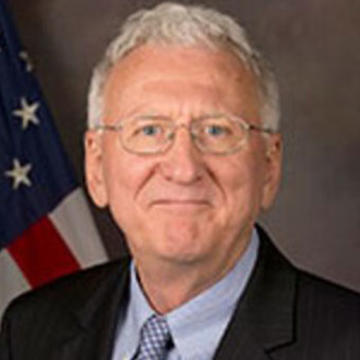Afghanistan’s terrorist future
The most likely outcomes from the American withdrawal range from bad to catastrophic
Read the full article at The Bulwark
President Biden has announced the withdrawal of all U.S. troops from Afghanistan by September 11, 2021—the twentieth anniversary of the terrorist attacks that prompted the U.S. intervention in the first place. The decision is not “conditions based,” so no amount of violence by the Taliban is likely to reverse it. In fact, that is the entire point—the president believes a conditions-based approach is “a recipe for staying in Afghanistan forever.” Ending the “endless wars” appears to be as pressing a priority for Biden as it was for Trump. In this respect, as Eliot Cohen has noted, “the Biden administration is really the Trump administration but with civilized manners.”
There’s much more that can be said about the decision and the process (or lack thereof) behind it. But given how unlikely the decision is to be reversed, it is worth considering what will happen to Afghanistan after the last American troops leave.
Afghanistan will likely become the world’s prime ungoverned space.
After the U.S. withdrawal, Afghanistan will likely become the world’s prime ungoverned space. The timing of the withdrawal announcement coincided with the release of the annual Director of National Intelligence Global Threat Assessment, which concluded that after a U.S. and allied withdrawal, Afghanistan will again descend into civil war, the result of which could be that the Taliban will again rule in Kabul. The assessment also suggests that the prospects for a negotiated settlement were “low” and that the “Taliban is likely to make gains on the battlefield, and the Afghan Government will struggle to hold the Taliban at bay if the coalition withdraws support.” The potential humanitarian disaster and undoing of hard won gains, including for women’s rights, loom as dark consequences.

